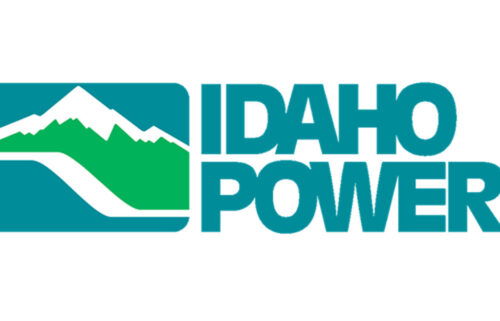As scams are get more sophisticated, here’s how to spot them
IDAHO FALLS, Idaho (KIFI) - Scammers are just waiting in the corners to get people, especially those who are in the market for some of the bigger shopping options. Those are items such as cars, boats, RVs and farming equipment.
Idaho Department of Finance Consumer Affairs officer Celia Kinney said no matter how real a website looks, finding ways to confirm its authenticity will be paramount.
"There's no substitute for seeing that in person to confirm that it's a legitimate seller and that it's a legitimate item and something is going to change hands. The other thing is, you know, oftentimes scammers, prefer to be paid via wire transfer. And so, you know, in this case, I consider my contacting their bank and asking them to transfer money to an individual or a business. Although the financial institution will do their due diligence and try to confirm whether that's a legitimate purchase if you are the account holder and you're authorizing that transaction, then there is a risk involved because with a wire transfer, once that money is sent, it's sent and it's very difficult to recover," Kinney said.
She shared what can happen if you don't confirm its authenticity.
"One consumer in particular had been looking online for an RV to purchase and landed on a fake website and it was very difficult to tell. The website had the profiles of employees listed. It had an address in Idaho and it had photos of multiple RVs or what maybe would be considered fairly, fairly great prices, but maybe not necessarily super attractive pricing. And so in this case, the individual wired money to pay for that RV, and ultimately he never, got that RV delivered," Kinney said.
Kinney said the keys to looking for authenticity on a web page, can be an address and a phone number amongst other options.
"Google an address and that might show you that it ties to a dealership or an individual, it doesn't necessarily mean that that's a legitimate place of business or a legitimate residential address. So, you know, just dig a little deeper. So if you're on a website, you're looking at, you know, farm equipment or a recreational vehicle or a car call the individual. Now, in this case, the individual did call, but you want to call, you want to make contact. Again, try to view the item in person if you can," Kinney said.
Kinney said googling the address and using the satellite image from Google Maps can be the final confirmation that either the place is authentic or it is a scammers page. The other indicator could be how you purchase the item.
The final way to authenticate a business webpage, Kinney shared, is the consumer reviews.
"If you dig a little deeper, you can start to see some red flags. So you may see a bunch of reviews all at once. Well, that can be a concern. The reviews should vary in the timeline. So they should kind of span and the frequency should change and their content, the reviews should discuss like the experience of the buyer, not just give generic statements," Kinney said.
Kinney also shared how we should be skeptical of any advertisement that comes to us unsolicited. Those popups can be a phishing attempt or a scam.
Kinney also encourages would-be buyers to trust their instincts, if something doesn't feel right, then go with that, and trust those feelings. She shared one last piece of advice for people, as they look at purchasing a bigger item.
"Avoid wire transfers to pay for large purchases, especially if it's for items that you haven't seen in person. And then just do some additional research, slow down, and take some additional time to do research on the company or the individual that selling you the item," Kinney said.





